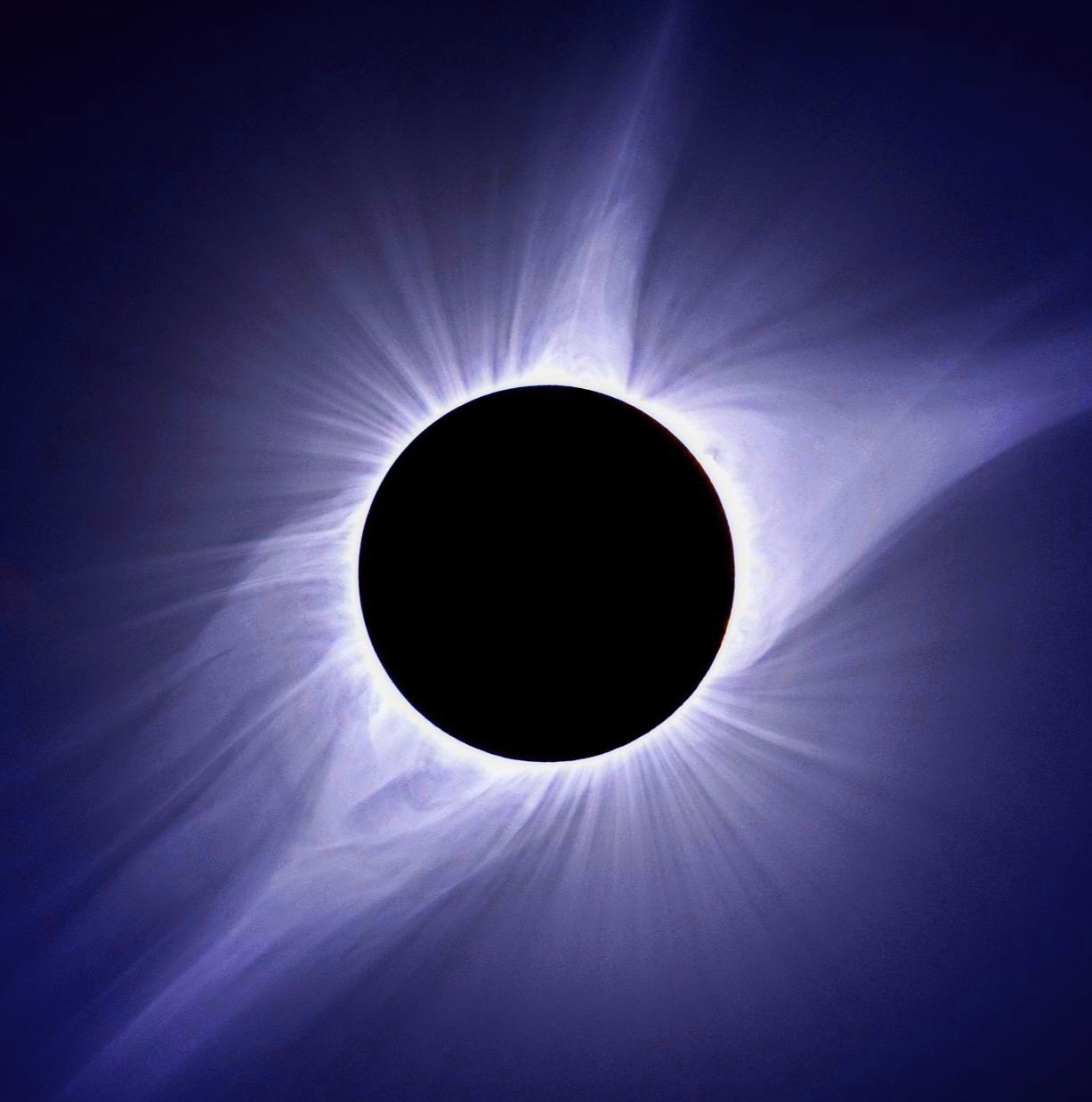Sick of hearing about record heat? Scientists say those numbers paint the story of a warming world: With a summer of extreme weather records dominating the news, meteorologists and scientists say records like these give a glimpse of the big picture: a warming planet caused by climate change. https://phys.org/news/2023-07-sick-scientists-story-world.html
#earth #environment #climatechange #howaboutthisheat #science
My instinct, as a non-expert, is that what we should really be looking at is rolling-average trends rather than records, to minimise cherry-picking. Stories about records, rightly or wrongly, come across as sensationalist and potentially misleading. Am I wrong?
@Mane25 Sure, here’s the Annual global land-ocean temperature index. And the Annual Ocean heat average tempatures. Really, just go to town. Any Annual averaged data category gives some cause for alarm. Sea levels, CO2 levels, Methane levels, etc.
The climate records that are being broken regionally are a direct consequence of the trends shown above. If you read the article @readbeanicecream was kind enough to share, then you would have read that. “Records go back to the late 19th century, and we can see that there has been a decade-on-decade increase in temperatures,” said Gavin Schmidt, director of NASA’s Goddard Institute for Space Studies, keeper of the agency’s climate records."
So no, I don’t think this is sensationalist or misleading at all. You just need to dig past the headline a little bit. A headline that accurately reflects what scientists are saying is a direct consequence of the general trend that’s going to continue to get worse and break more records into the future.
Those stories are sensationalist and potentially misleading by design. They get clicks, and paradoxically shut down thinking. People get outraged for a moment, then it passes and they move on to the next post, never having to absorb the implications of what’s actually happening.




